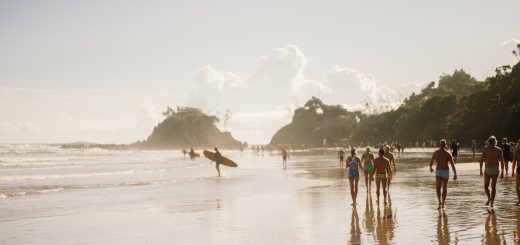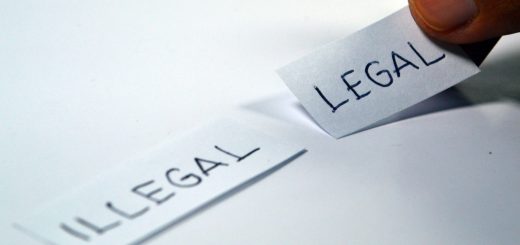Illegal sublets in Australia – What are your rights as a landlord?

If you’re a landlord, you may be worried about your tenant putting your property up on Airbnb. And you should be. According to a recent survey, 80% of tenants don’t think they should need their landlord’s consent to sublet, and one-third of tenants actually were subletting without permission. Another survey estimates that 35% of properties on Airbnb are listed by tenants, not owners.
Most of these are legitimate tenants most of the time, but the popularity of Airbnb has given rise to “ghost hosts” haunting popular areas in Sydney. These folks rent a few apartments at a time and list them as Airbnb, making a tidy profit at your expense.
This is a problem for landlords. These short-term rentals mean more wear and tear on your investment, and a higher chance of uninsured property damage, out-of-control parties, crime, squatters or pop-up brothels.
So what are the rules around subletting in Australia? What can you do if you find your tenant is doing it?
Common law says a tenant can actually sublet a property they’re renting, but they must have the owner’s permission to do so. While the owner can’t unreasonably withhold permission, the rules around this are vague. Really as the owner, you really can just say no provided you can come up with a reason.
That applies in most states, but in Victoria, it’s a bit trickier. If a tenant subletting the whole property, then they need owner’s permission because it’s technically a sublet. But if they’re only renting out a room and staying in the rest of the residence, the law isn’t clear yet, because this may be a “license” to stay there instead of a sublet. While it’s yet to be tested in court, it would be strange to refuse the owner’s rights to ban undesirable commercial activity in their property.
So what can you do? First off, protect yourself by adding a “no subletting” clause to your lease agreement. Make sure this explicitly includes short-term holiday rentals (on sites like Airbnb) and also renting out part of the property as well as the entire thing. This makes any subletting technically illegal, as it’s breaking their lease contract with you.
But this isn’t enough. Tenants know it’s really hard to catch short-term rental listings. For one, most sites (like Airbnb) do not report the exact locations of their listings. So in popular areas, you’re either need to zoom out and look at hundreds of listings (which may not even include yours if it’s there, because there’s a max number returned in each search), or zooming in to a manageable number but missing your property because the fake address is too far away.
Add to this the many, many sites that tenants can use, and the fact that listings sometimes are active only for a week or two, and it’s a real challenge.
That’s why we created BnbGuard, Australia’s monitoring service for illegal and unwanted subletting. For less than the price of a cup of coffee a week, we’ll make sure your valuable investment isn’t at risk of the dangers of subletting. Sign up today!





